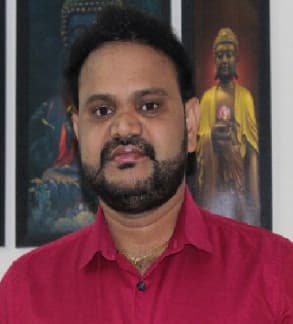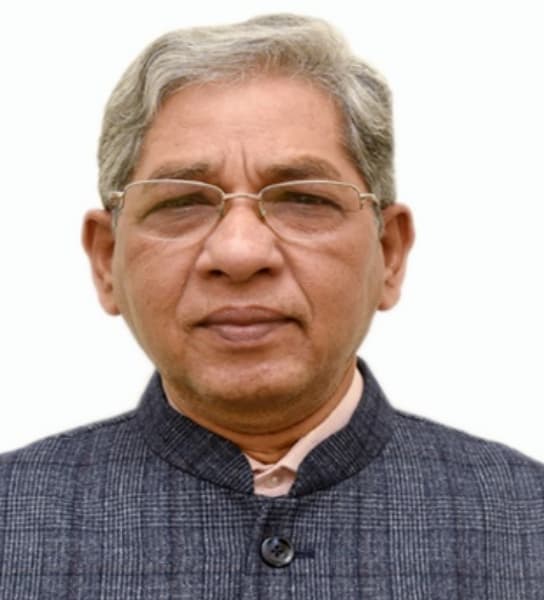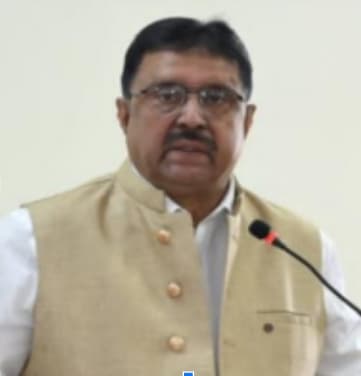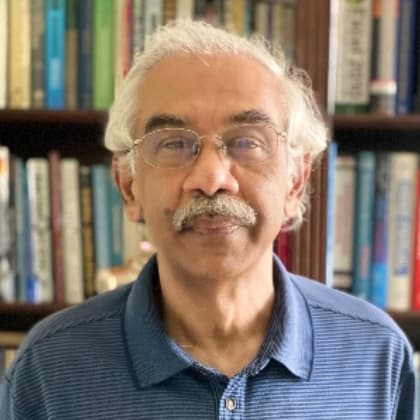Dr. Ravi Kumar Kunchala,
IIT Delhi
Recent changes of tropospheric ozone over India using observations and reanalysis datasets
ABSTRACT
In recent decades, there has been a significant surge in interest surrounding tropospheric ozone (O3). This surge can be attributed to its substantial impact on the oxidative capacity of the troposphere, its consequential effects on atmospheric radiative forcing, and its detrimental consequences for vegetation, ecosystems, and human health. Tropospheric ozone levels primarily depend on the emission rates of precursor gases and prevailing meteorological conditions. While many observational studies in India have focused on isolated locations to investigate specific characteristics of tropospheric ozone including surface, a comprehensive understanding of spatiotemporal ozone variations across the region remains elusive. Addressing regional-scale variations in ozone is of paramount importance due to their far-reaching implications for air quality, public health, and ecosystems. Consequently, it is crucial to gain insights into the spatiotemporal variability of tropospheric ozone in India, given the paucity of scientific literature delving into these aspects. This presentation aims to focus on the exploration of tropospheric ozone variability over the Indian sub-continent. We will utilize a combination of ground-based and satellite-based observations as well as reanalysis datasets to provide a better understanding on the changes.
ABOUT THE SPEAKER
Dr. Ravi Kumar Kunchala’s academic journey began with the completion of his Master’s degree in Meteorology at Andhra University in 2008, followed by the attainment of his Ph.D. from the Indian Institute of Tropical Meteorology (IITM) in Pune in 2014. After the successful completion of his doctorate, he embarked on a research journey that took him to the Japan Agency for Marine-Earth Science and Technology (JAMSTEC), Japan, where he contributed to a significant Arctic climate change project, specifically focusing on Siberia and its relationship with greenhouse gas variations. Dr. Kunchala continued to expand his research horizons by working in the Indo-German Stratoclim project and serving as a Post-doctoral researcher at King Abdullah University of Science and Technology (KAUST) in Saudi Arabia, further enriching his expertise. Subsequently, he joined the esteemed Indian Institute of Technology Delhi (IITD) and has been serving as an Assistant Professor at the Centre for Atmospheric Sciences since 2018. Dr. Kunchala’s current research is centered on the “Comprehensive understanding of greenhouse and trace gases over India using a multi-faceted approach, combining various observations and high-resolution modeling framework” to investigate their carbon-climate interactions. To date, he has authored and co-authored approximately 45 peer-reviewed publications, both on the international and national fronts, contributing significantly to the field of atmospheric sciences.







